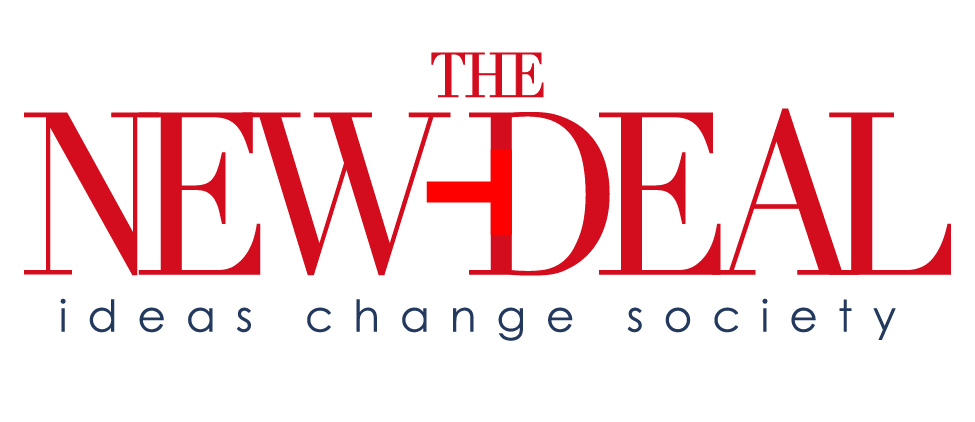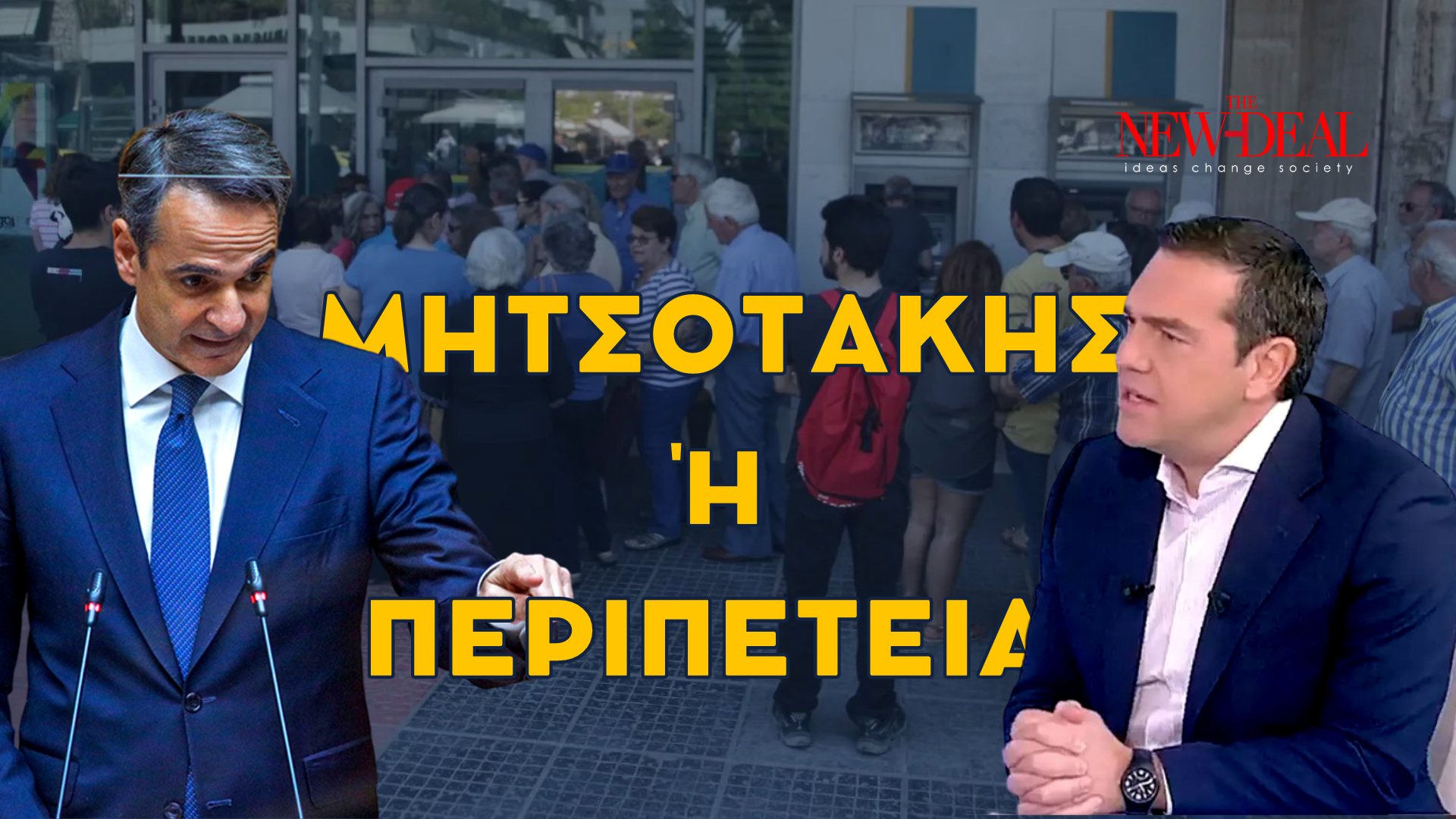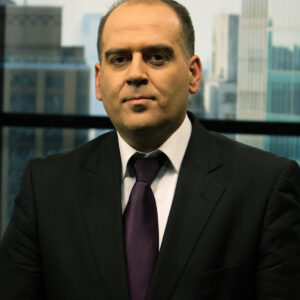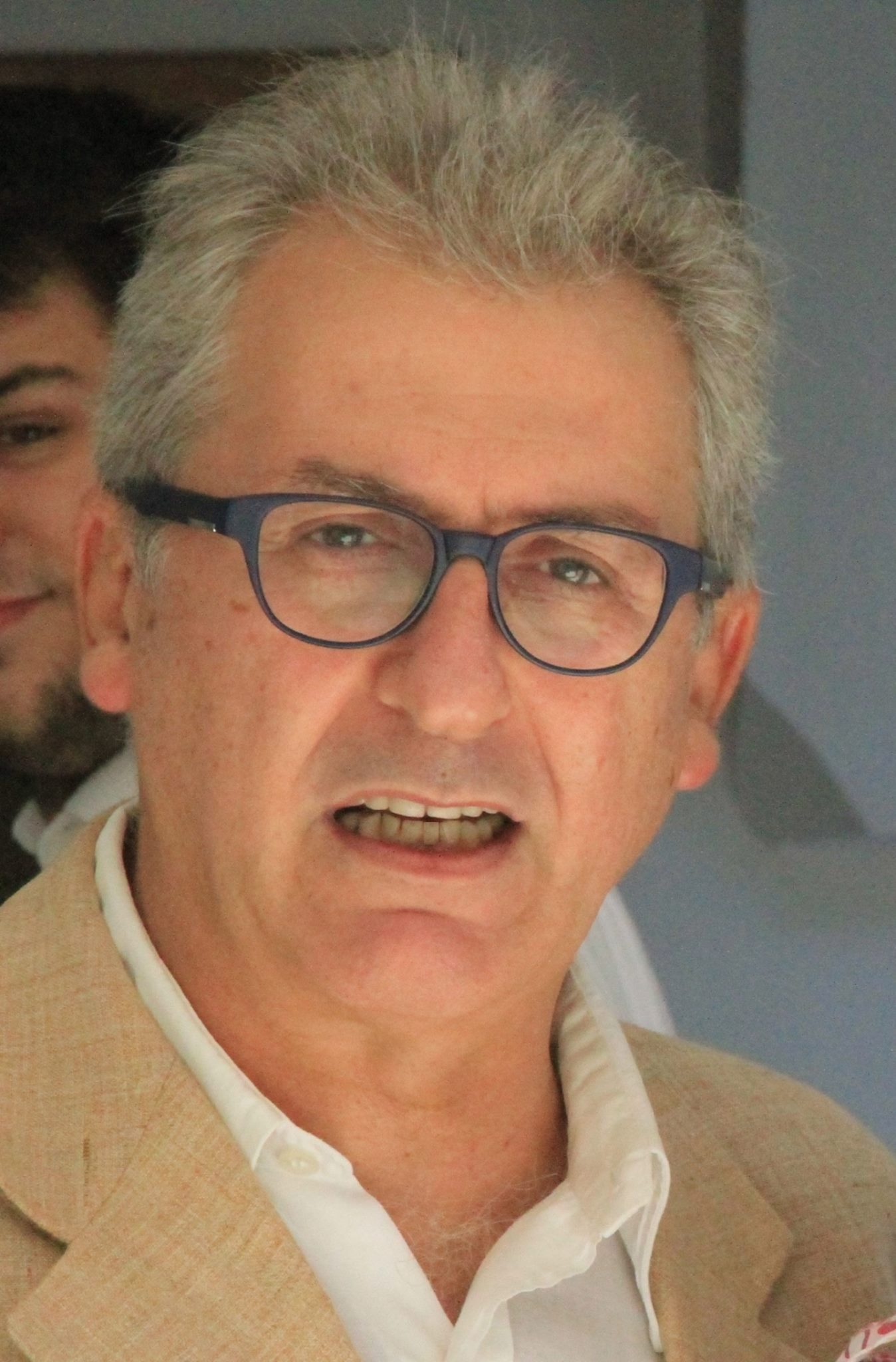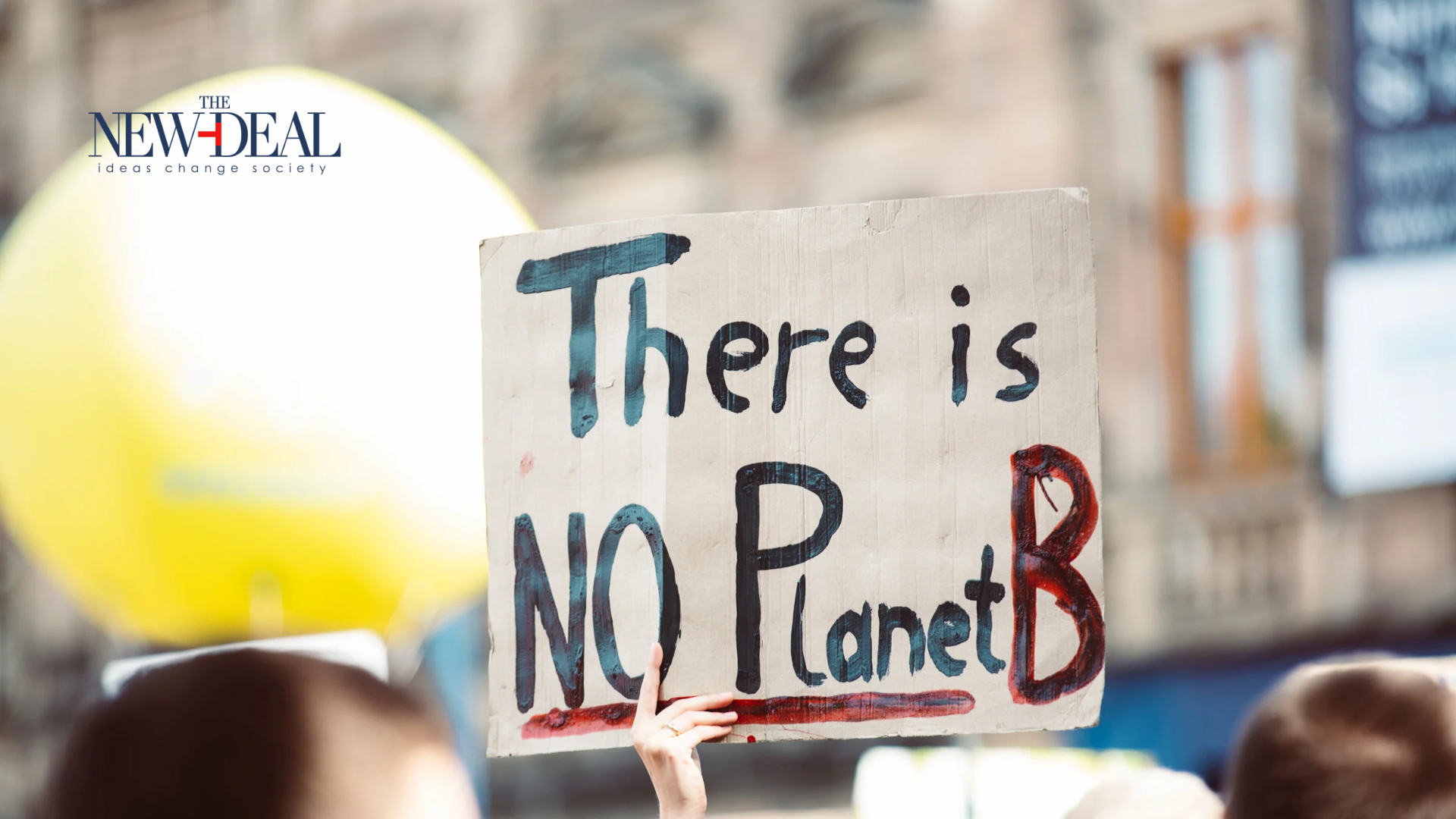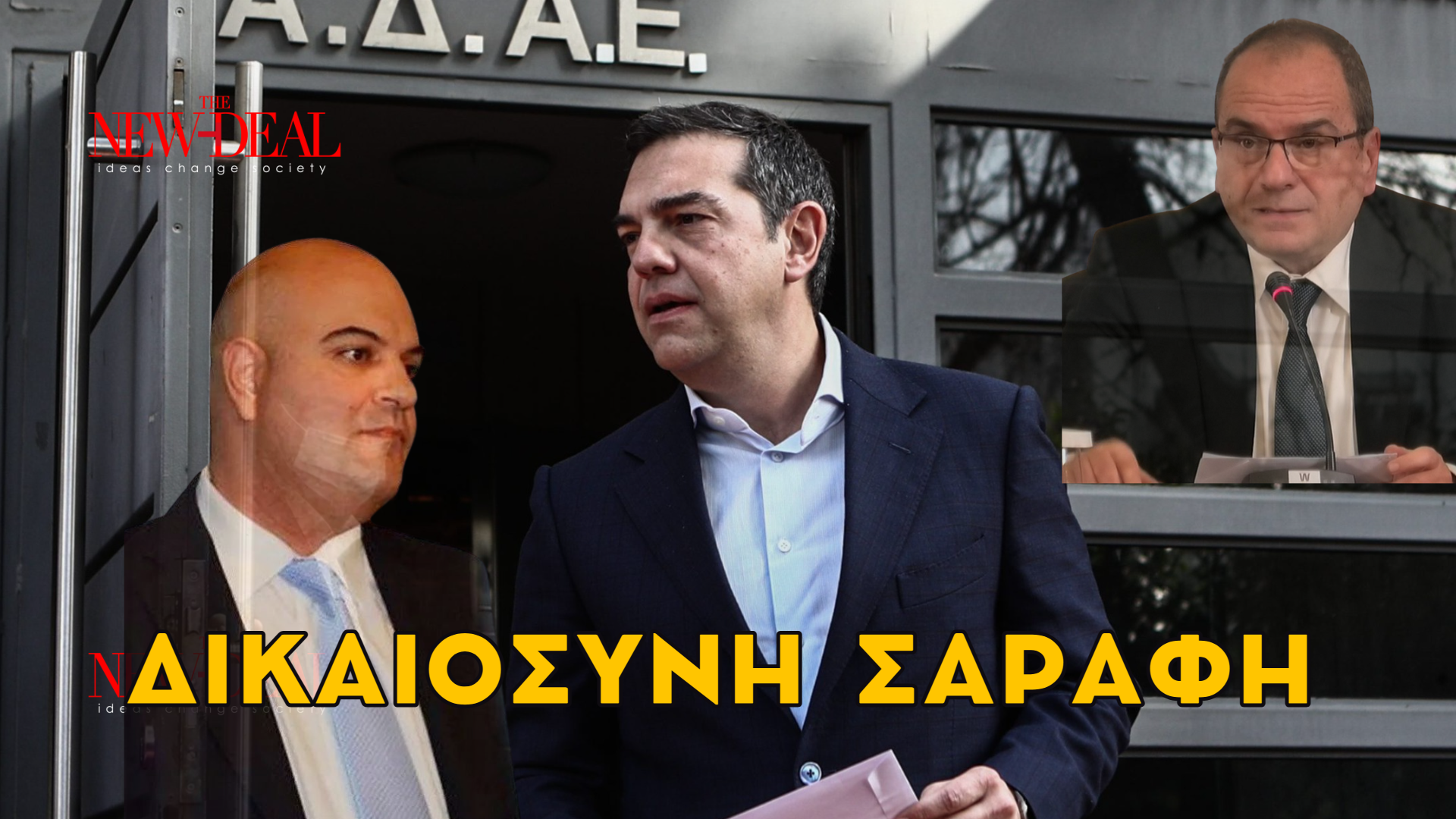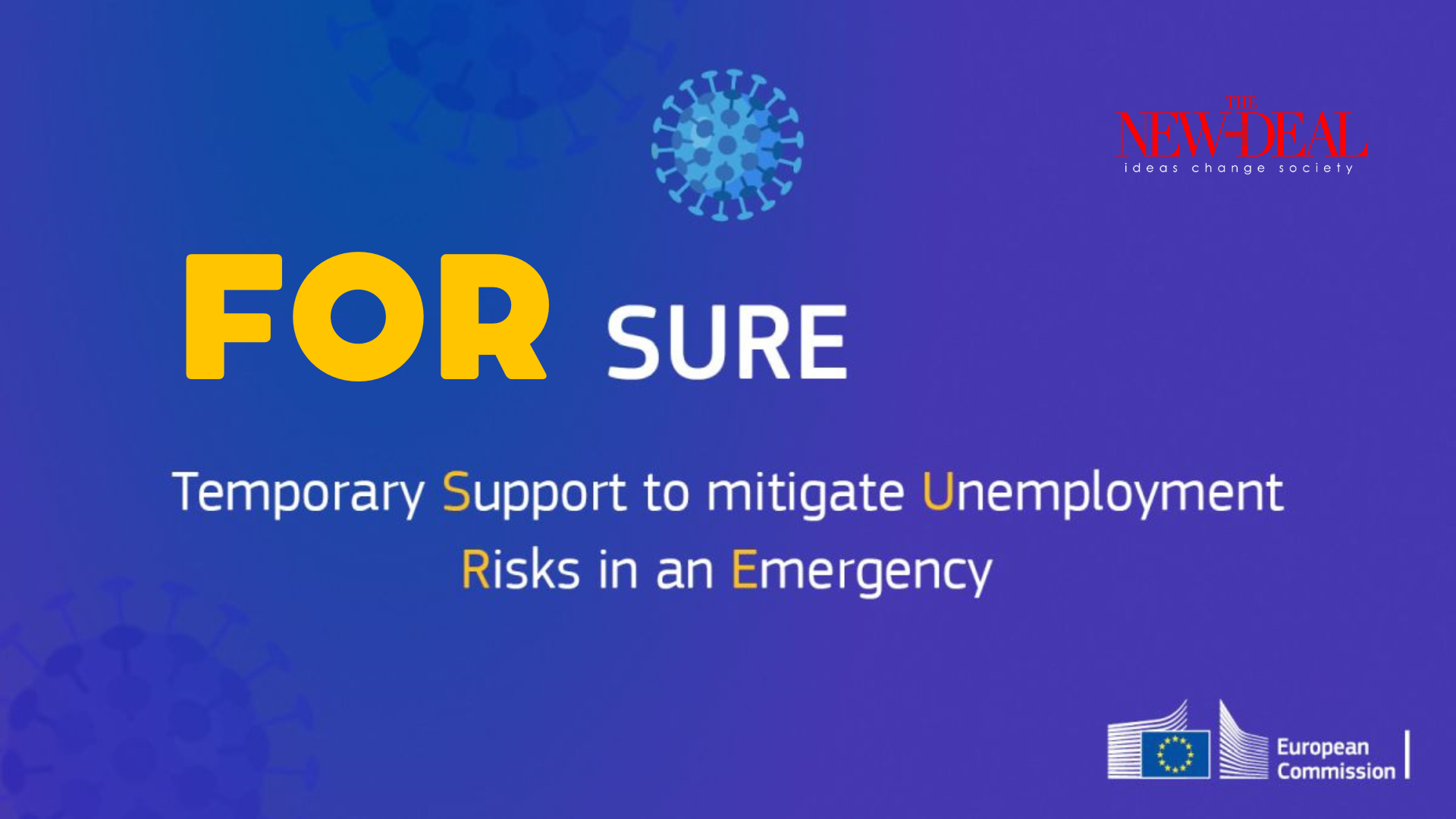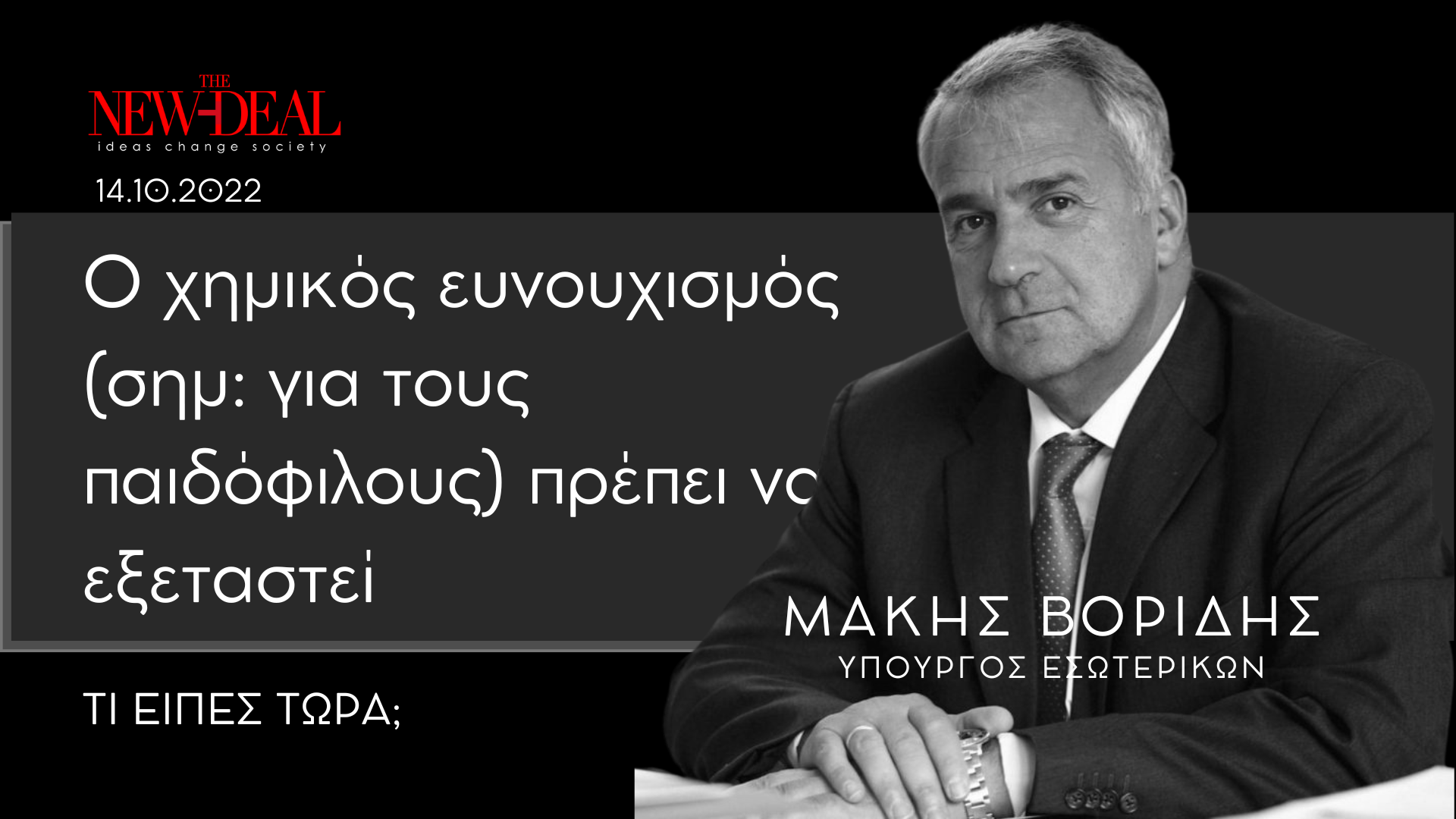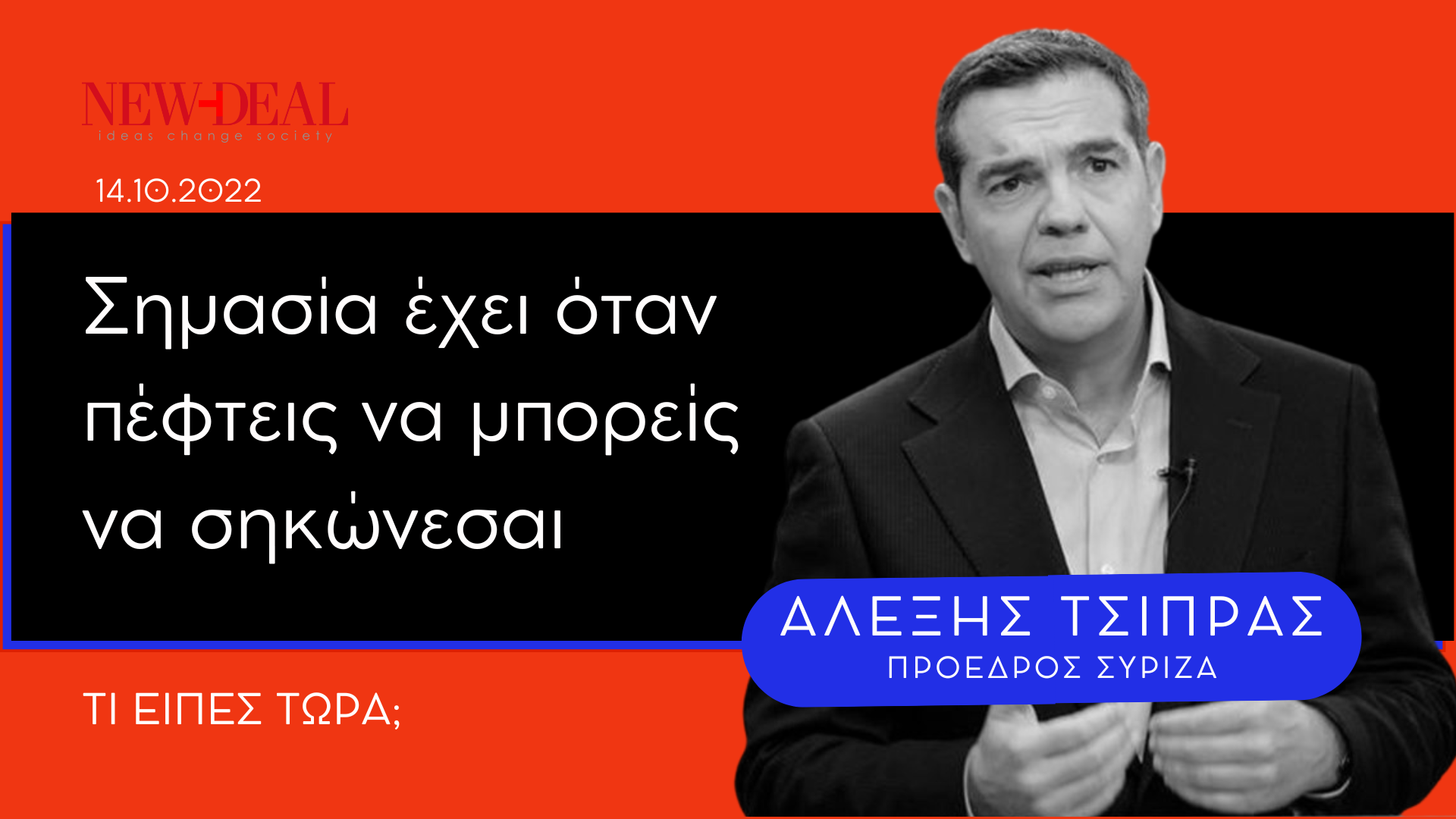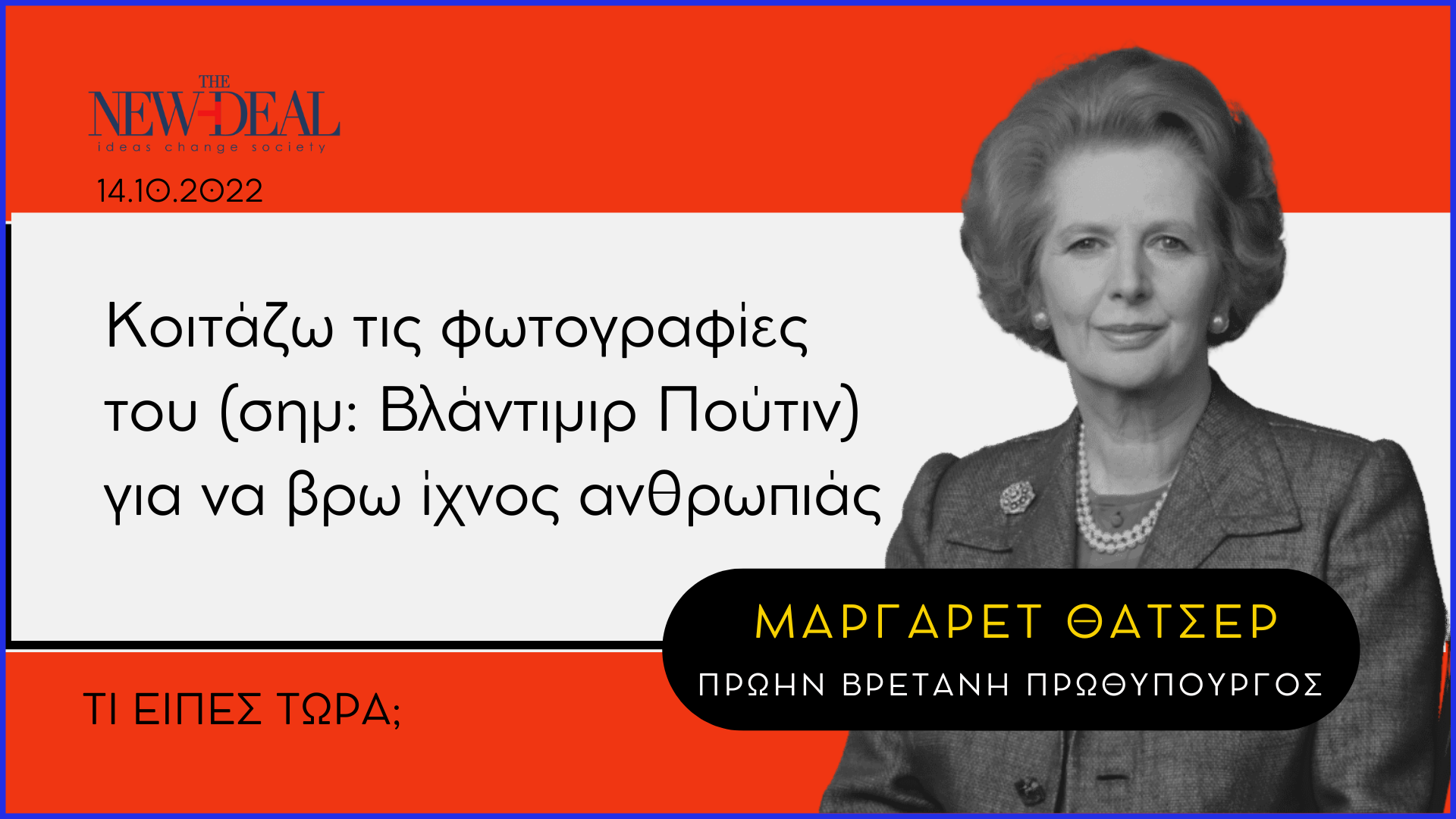του PAUL KRUGMAN
The Erie Canal. Hoover Dam. The Interstate Highway System. Visionary public projects are part of the American tradition, and have been a major driver of our economic development. And right now, by any rational calculation, would be an especially good time to improve the nation’s infrastructure. We have the need: our roads, our rail lines, our water and sewer systems are antiquated and increasingly inadequate.
We have the resources: a million-and-a-half construction workers are sitting idle, and putting them to work would help the economy as a whole recover from its slump. And the price is right: with interest rates on federal debt at near-record lows, there has never been a better time to borrow for long-term investment.
But American politics these days is anything but rational. Republicans bitterly opposed even the modest infrastructure spending contained in the Obama stimulus plan. And, on Thursday, Chris Christie, the governor of New Jersey, canceled America’s most important current public works project, the long-planned and much-needed second rail tunnel under the Hudson River.
It was a destructive and incredibly foolish decision on multiple levels. But it shouldn’t have been all that surprising. We are no longer the nation that used to amaze the world with its visionary projects. We have become, instead, a nation whose politicians seem to compete over who can show the least vision, the least concern about the future and the greatest willingness to pander to short-term, narrow-minded selfishness.
So, about that tunnel: with almost 1,200 people per square mile, New Jersey is the most densely populated state in America, more densely populated than any major European nation. Add in the fact that many residents work in New York, and you have a state that can’t function without adequate public transportation. There just isn’t enough space for everyone to drive to work.
But right now there’s just one century-old rail tunnel linking New Jersey and New York — and it’s running close to capacity. The need for another tunnel couldn’t be more obvious.
So last year the project began. Of the $8.7 billion in planned funding, less than a third was to come from the State of New Jersey; the rest would come, in roughly equal amounts, from the independent Port Authority of New York and New Jersey and from the federal government. Even if costs were to rise substantially, as they often do on big projects, it was a very good deal for the state.
But Mr. Christie killed it anyway.
News reports suggest that his immediate goal was to shift funds to local road projects and existing rail repairs. There were, however, much better ways to raise those funds, such as an increase in the state’s relatively low gasoline taxes — and bear in mind that whatever motorists gain from low gas taxes will be at least partly undone by pain from the canceled project in the form of growing congestion and traffic delays. But, no, in modern America, no tax increase can ever be justified, for any reason.
So this was a terrible, shortsighted move from New Jersey’s point of view. But that’s not the whole cost. Canceling the tunnel was also a blow to national hopes of recovery, part of a pattern of penny-pinching that has played a large role in our continuing economic stagnation.
When people ask why the Obama stimulus didn’t accomplish more, one good response is to ask, what stimulus? Leaving aside the cost of financial rescues and safety-net programs like unemployment insurance, federal spending has risen only modestly — and this rise has been largely offset by cutbacks at the state and local level. Many of these cuts were forced by Congress, which has refused to approve adequate aid to the states. But as Mr. Christie is demonstrating, local politicians are also doing their part.
And the ideology that has led Mr. Christie to undermine his state’s future is, of course, the same ideology that has led almost all Republicans and some Democrats to stand in the way of any meaningful action to revive the nation’s economy. Worse yet, next month’s election seems likely to reward Republicans for their obstructionism.
So here’s how you should think about the decision to kill the tunnel: It’s a terrible thing in itself, but, beyond that, it’s a perfect symbol of how America has lost its way. By refusing to pay for essential investment, politicians are both perpetuating unemployment and sacrificing long-run growth. And why not? After all, this seems to be a winning electoral strategy. All vision of a better future seems to have been lost, replaced with a refusal to look beyond the narrowest, most shortsighted notion of self-interest.
I wish I could say something optimistic at this point. But at least for now, I don’t see any light at the end of this tunnel.
Το άρθρο του Paul Krugman δημοσιεύεται στην εφημερίδα “NEW YORK TIMES”
